| Reflective Professionals (Agents of Change) implement the teaching practices that challenge and help students to become better thinkers and better learners. Becoming smarter means becoming a better problem solver by developing higher-order thinking skills. Reflective Professionals (Agents of Change)should model and lead students to improved critical thinking and reasoning processes and teach students to be better problem solvers in general and throughout the curriculum. |
Knowledge Base
Higher-order thinking skills involve critical thinking and learning to be a better problem solver (Pogrow, 1990).; Indeed, the very process of getting smarter has been detailed in terms of solving problems and being challenged to think critically (Moursund, 1990). Reflective Professionals (Agents of Change) are prepared to make complex decisions involving new ideas, pressing social issues and questions affecting their teaching and ultimately the profession itself. Accordingly, our program recognizes the importance of metacognition (Cornford, 2002) as students think about the nature of learning and the development of thinking skills in their own students (Shulman, 1989).
Part of critical thinking is the development of a meaningful understanding. Our faculty believes in the importance of a strong conceptual base in any discipline, the generation of accurate mental models (Halpern, 1987; Strauss, 1993) and new perceptions (Osborne & Wittrock, 1983; Whimbey and Lochhead, 1986). The faculty also hold that one way to become better at solving problems, is by solving harder problems. The value of focused curiosity, unanswered questions and problem-based learning is well supported by other professionals (Gallagher, 1998; Muffoletto, 1998). The faculty, therefore, strives to provide the active experiences, practice and challenges necessary for students to grow into reflective and critical thinking professionals (Danielson, 1996; Starkweather, 1997).


